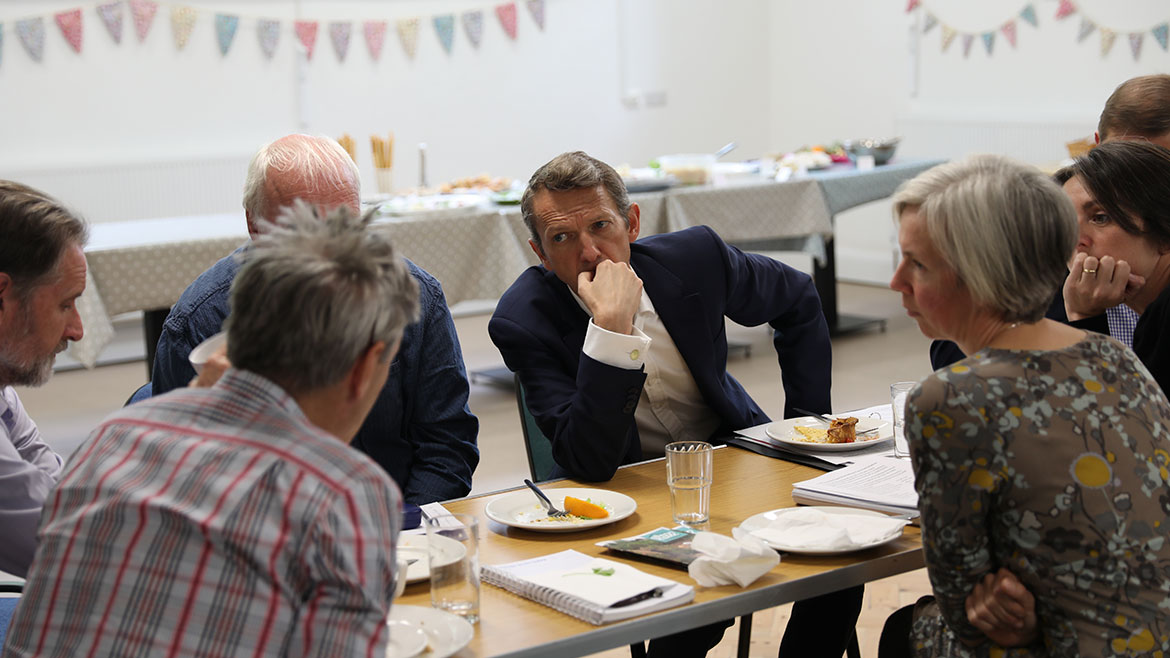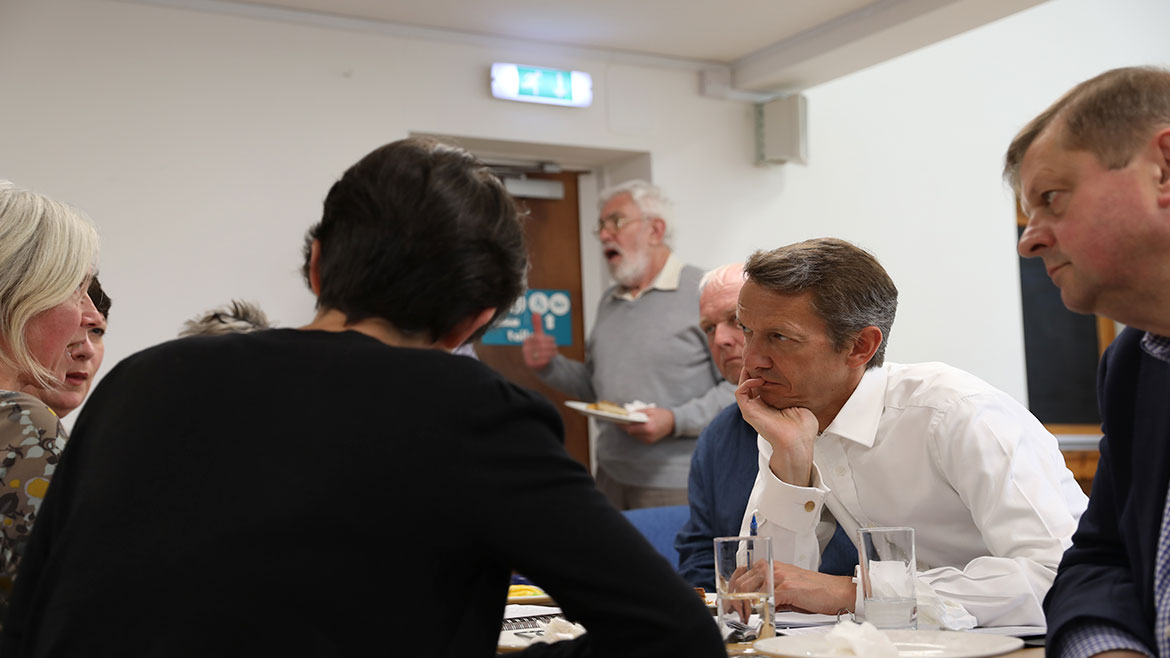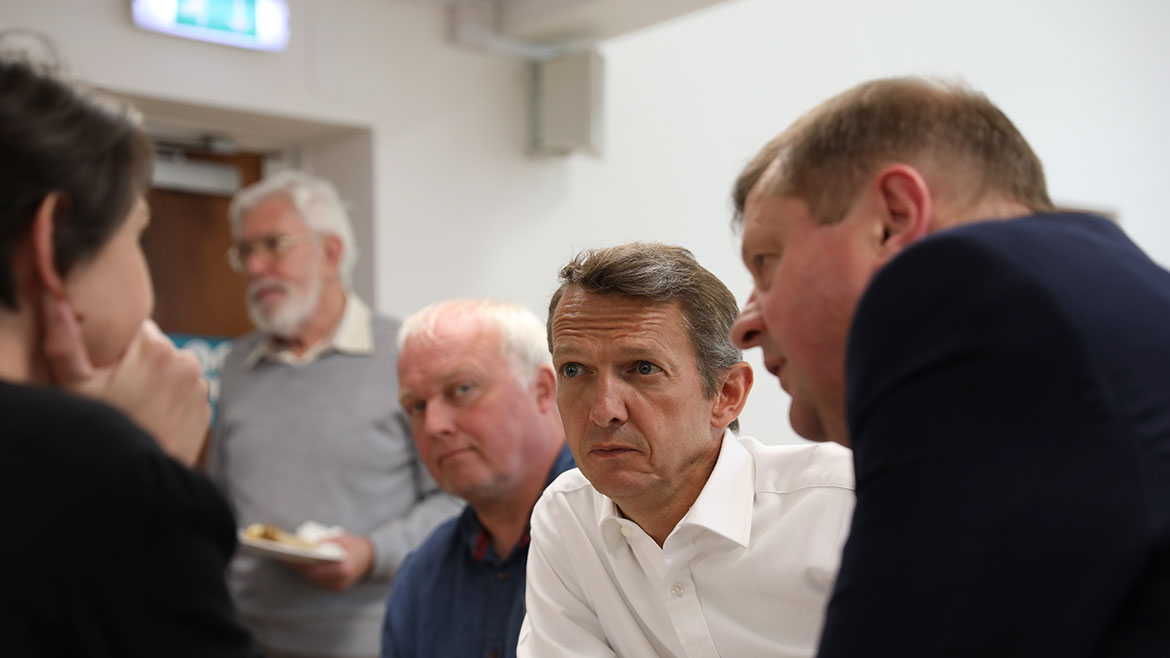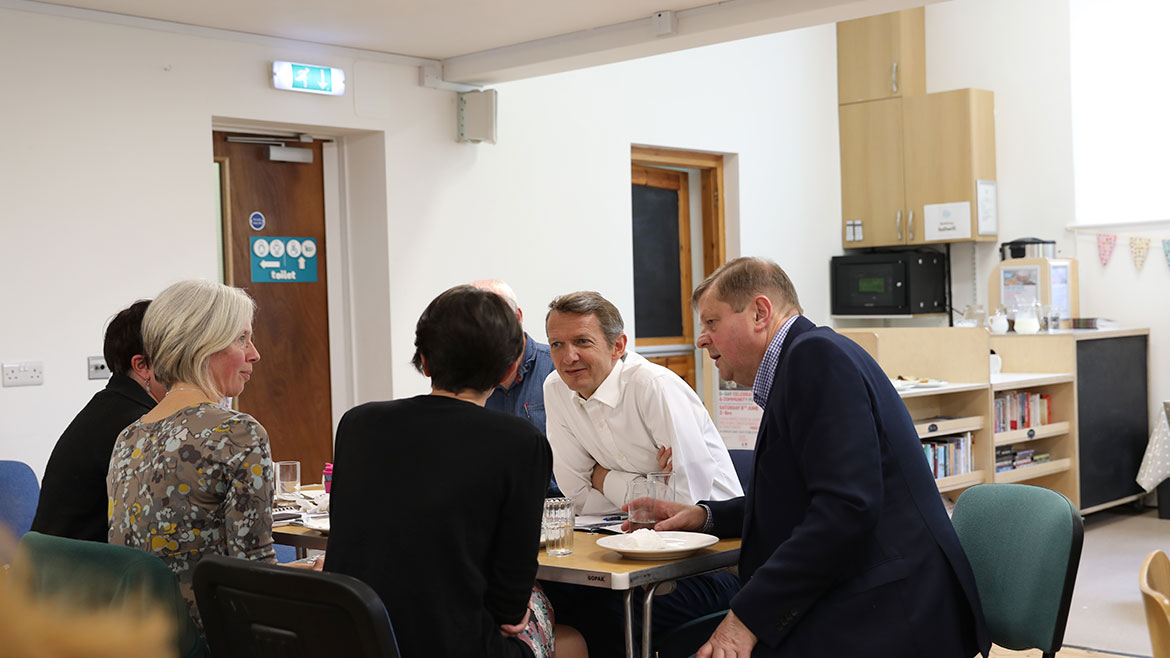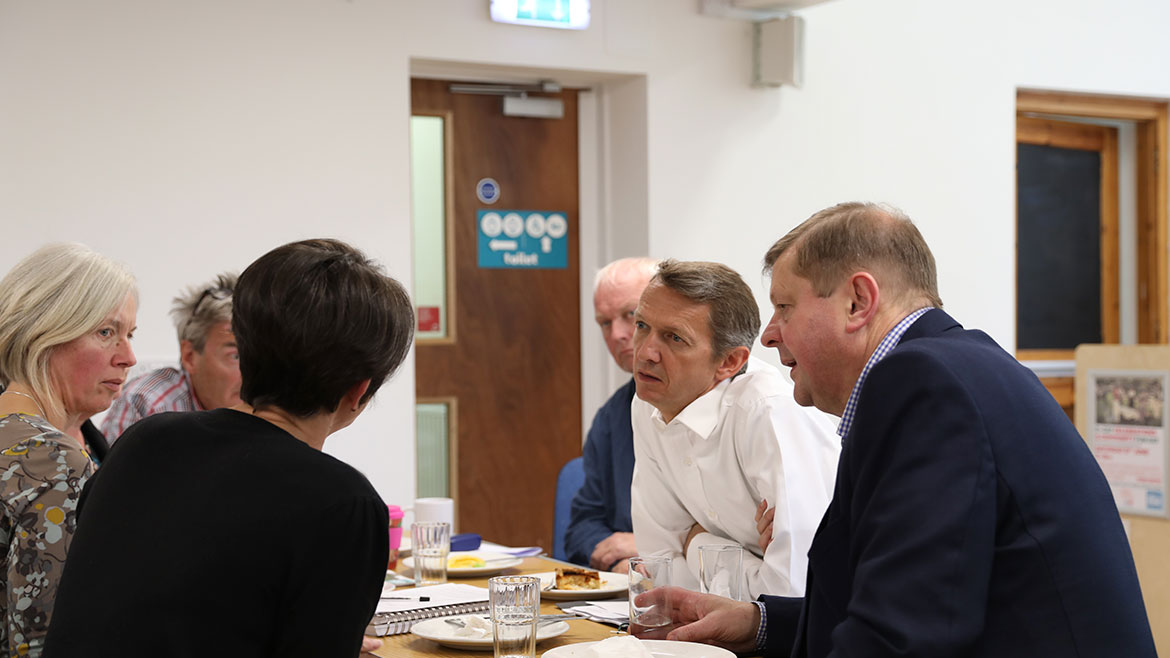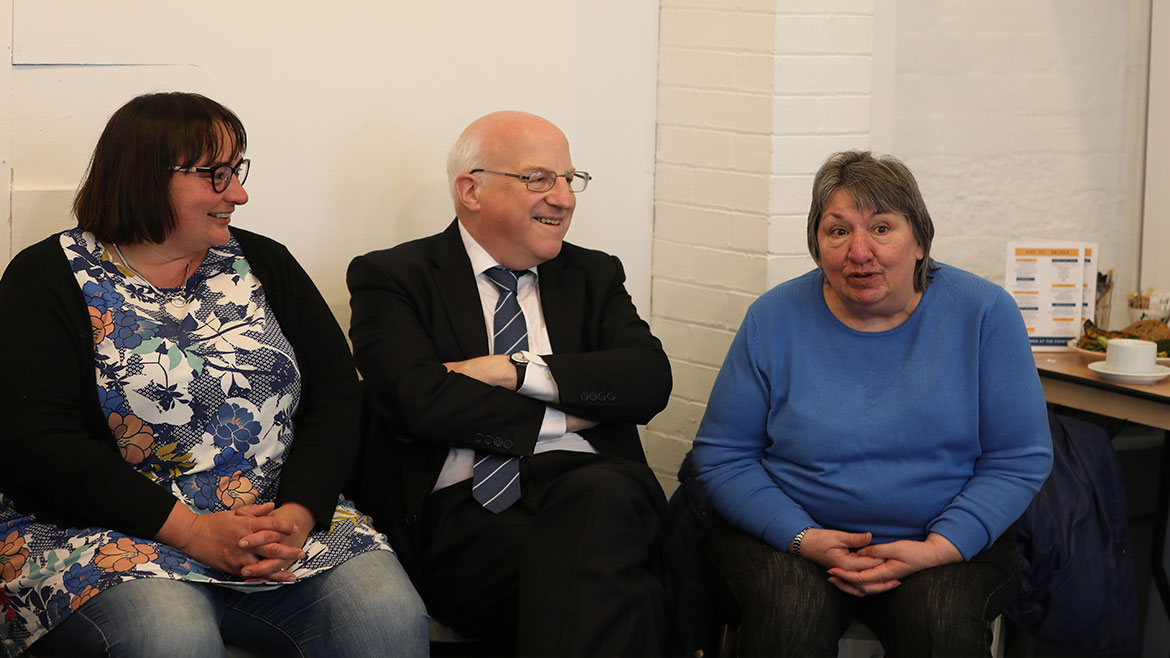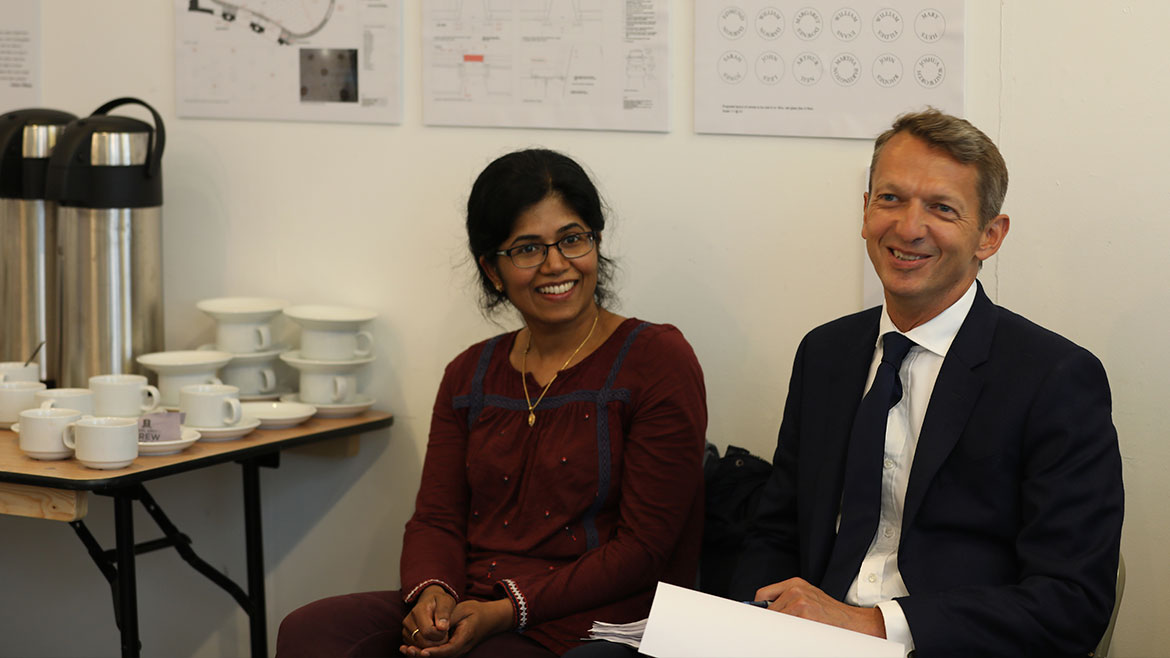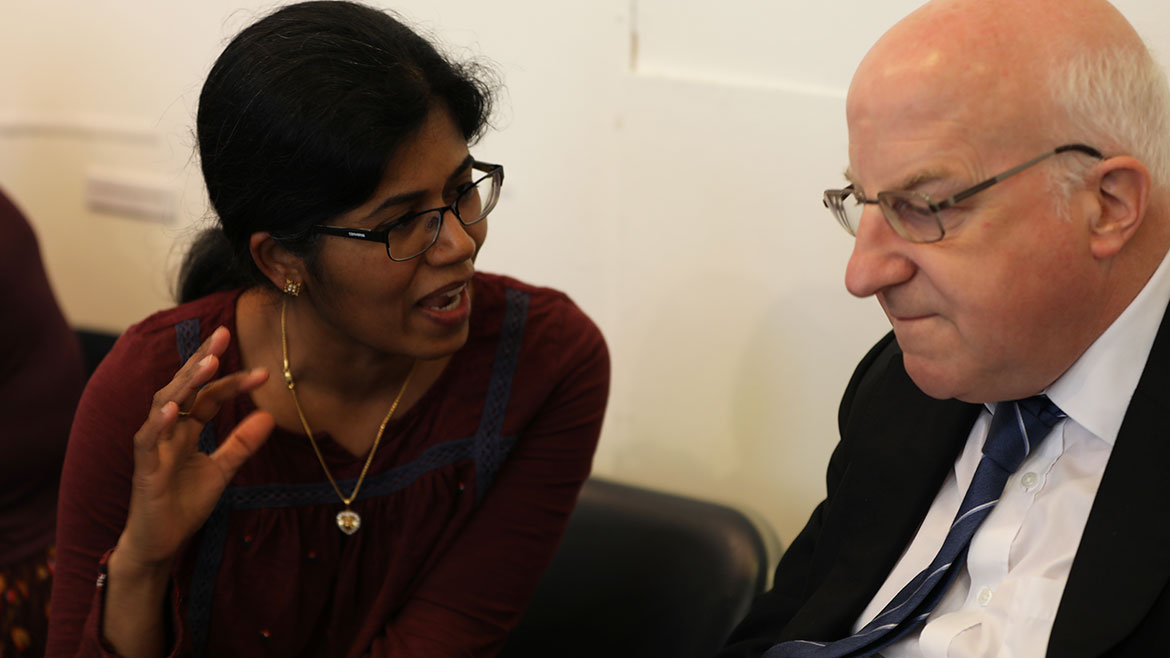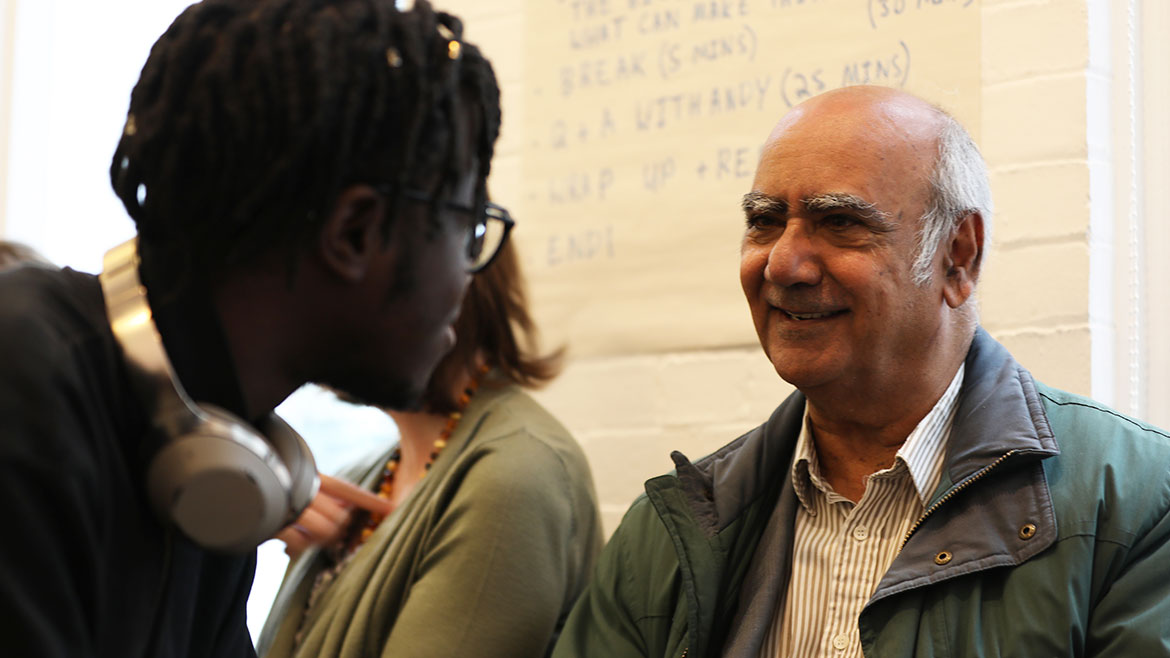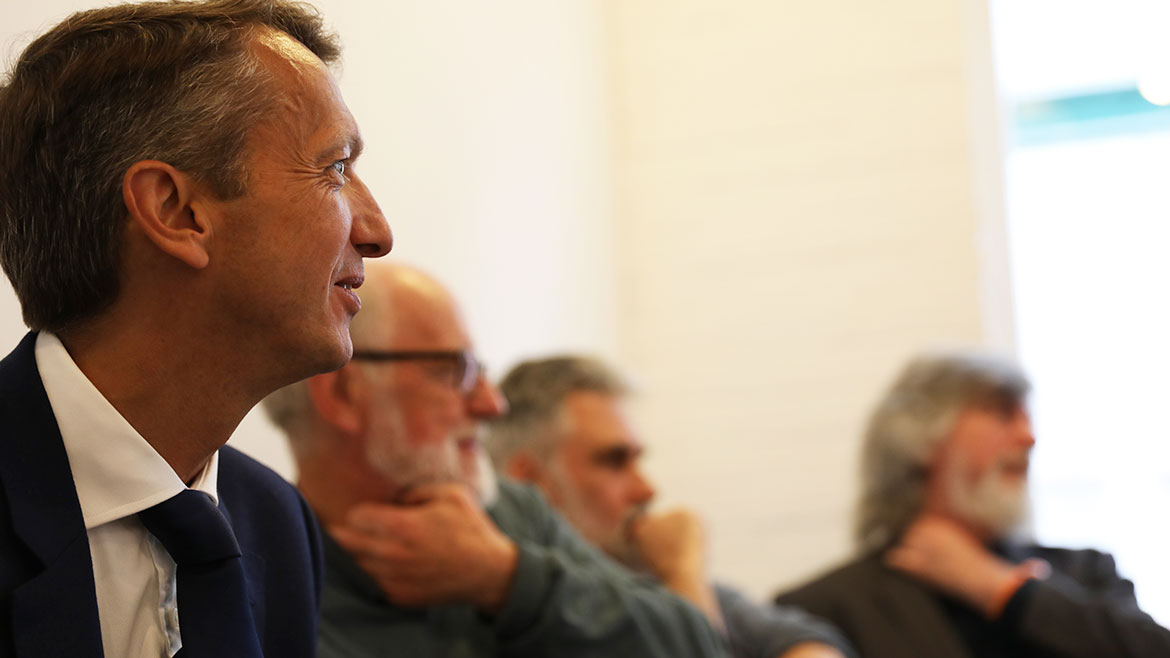On the face of it, there is not much that connects the economies of St Austell in predominantly rural Cornwall and inner-city Manchester. As I said in a recent speech, all economies are local. But my conversations at our latest Community Forums also revealed a number of common concerns among local people there; concerns echoed right across the UK.
My trip to St Austell began with a visit to STAK, a charity café that supports local residents. Not only do they feed those in need for a very small fee, but they help them overcome financial difficulties by running a free debt-advice service. STAK trains community members to become debt counsellors who can help with budgeting and debt problems. Charitable projects like this provide a first-hand insight into some of the financial challenges facing (too) many people in our society. They also underline the importance of programmes to support financial literacy, a recurrent theme of my Townhall visits over the past two years.
Visiting STAK also served as a reminder of the crucial importance of volunteer-led programmes in supporting our economies and societies. STAK, like a number of other charities, uses a programme of “time credits”, which reward those who volunteer with discounts on certain activities. It seemed to work extremely well for them. Inspired by this experience, in a speech I gave afterwards I proposed adopting a time credits system right across the charity sector – if you like, a digital common currency for volunteering.
I then attended a roundtable event at Treverbyn Community Hall in St Austell. Here I met with various community leaders, representatives and volunteers. It was a very lively event with many views strongly and passionately expressed. These issues ranged from climate change to the loss of charity funding, the cost of housing to problems of infrastructure.
One issue that was raised by many was the lack of job opportunities. Cornwall lacked connectivity, digitally and physically. It lacked a big city to act as a hub for business. And it lacked a university to act as a magnet for talent, locally and from elsewhere across the UK. The decline of traditional industries, including mining and manufacturing, had yet fully to be replaced. St Austell is one of the largest towns in Cornwall and remained the main centre of the china clay industry. But St Austell is modestly-sized and the china clay industry is not on the scale it once was.
Cornwall has a great many attractions and advantages, however. Tourism is a large and growing part of the economy, with visitors drawn by the coast and attractions such as the Eden Project (sited in a former clay pit) and the Lost Gardens of Heligan. The creative and renewable energy industries are growing. There is an incredibly strong local identity and spirit. One thriving local family-owned business is the St Austell Brewery where I toured their impressive facilities.

